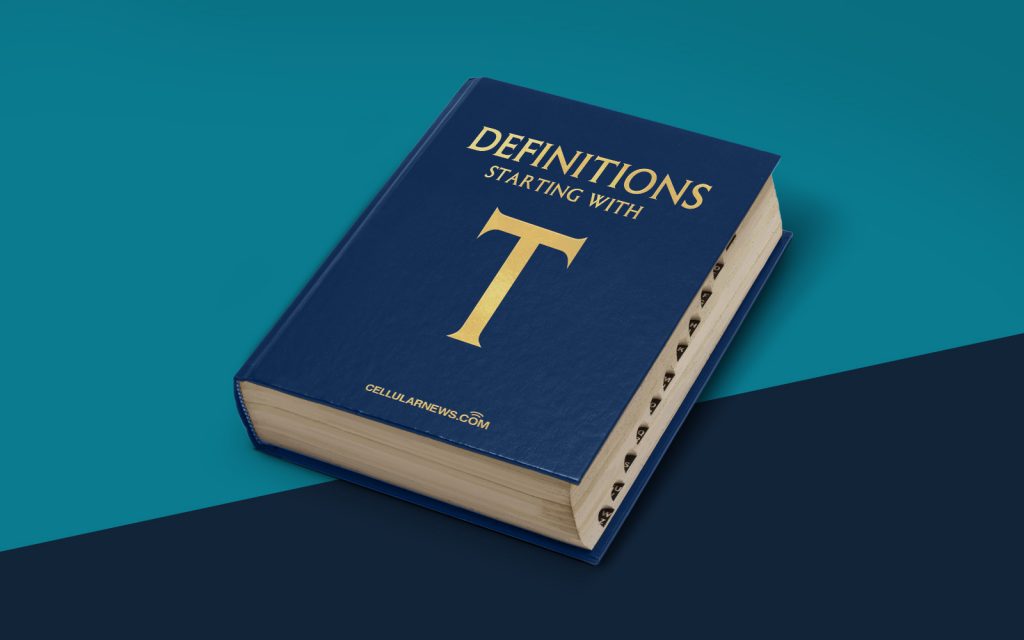
What is the Theory of Computation?
Welcome to the “Definitions” category on our page! Today, we are diving deep into the fascinating world of the Theory of Computation. If you’ve ever wondered about the foundational principles behind computer science and how computers actually work, you’re in the right place! In this blog post, we will explore the Theory of Computation, its significance in the field of computer science, and provide you with an expert’s perspective on this captivating subject.
Key Takeaways:
- The Theory of Computation is a branch of computer science that deals with the study of the possibilities and limitations of solving computational problems
- It provides the theoretical framework for understanding the power and capabilities of computers, algorithms, and programming languages
So, what exactly is the Theory of Computation? At its core, it is the study of abstract models of computation and the algorithms used to solve computational problems. It explores the inherent capabilities and limitations of these computation models in terms of what they can compute, how efficiently they can solve problems, and what problems are unsolvable.
Here are a few key points to help you understand the Theory of Computation:
- Models of Computation: The Theory of Computation explores different models used to represent computations. These models include Turing machines, finite automata, and computational models based on formal logic. By studying these models, we gain insight into the fundamental properties of computation.
- Algorithms and Complexity: The Theory of Computation focuses on the design and analysis of algorithms. It investigates the efficiency and computational complexity of these algorithms, providing a framework for understanding how long it takes to solve a problem and how much computational resources are required.
- Computational Problems: In this theory, computational problems are defined as specific tasks or questions that can be solved using computation. We examine the solvability and complexity of these problems, classifying them into various complexity classes, such as P (polynomial time) and NP (nondeterministic polynomial time).
- Unsolvable Problems: The Theory of Computation helps identify problems that cannot be solved by any algorithm. The famous example of an unsolvable problem is the Halting Problem, which aims to determine whether a given program will eventually halt or run indefinitely.
The Theory of Computation plays a crucial role in computer science. By providing a theoretical foundation, it guides the development of new algorithms, helps determine the limits of computation, and aids in solving real-world problems more efficiently.
So next time you encounter a complex computational problem, you can thank the Theory of Computation for helping lay the groundwork for understanding its intricacies! We hope this blog post has shed some light on this captivating field of study and ignited your curiosity for the world of computer science.
